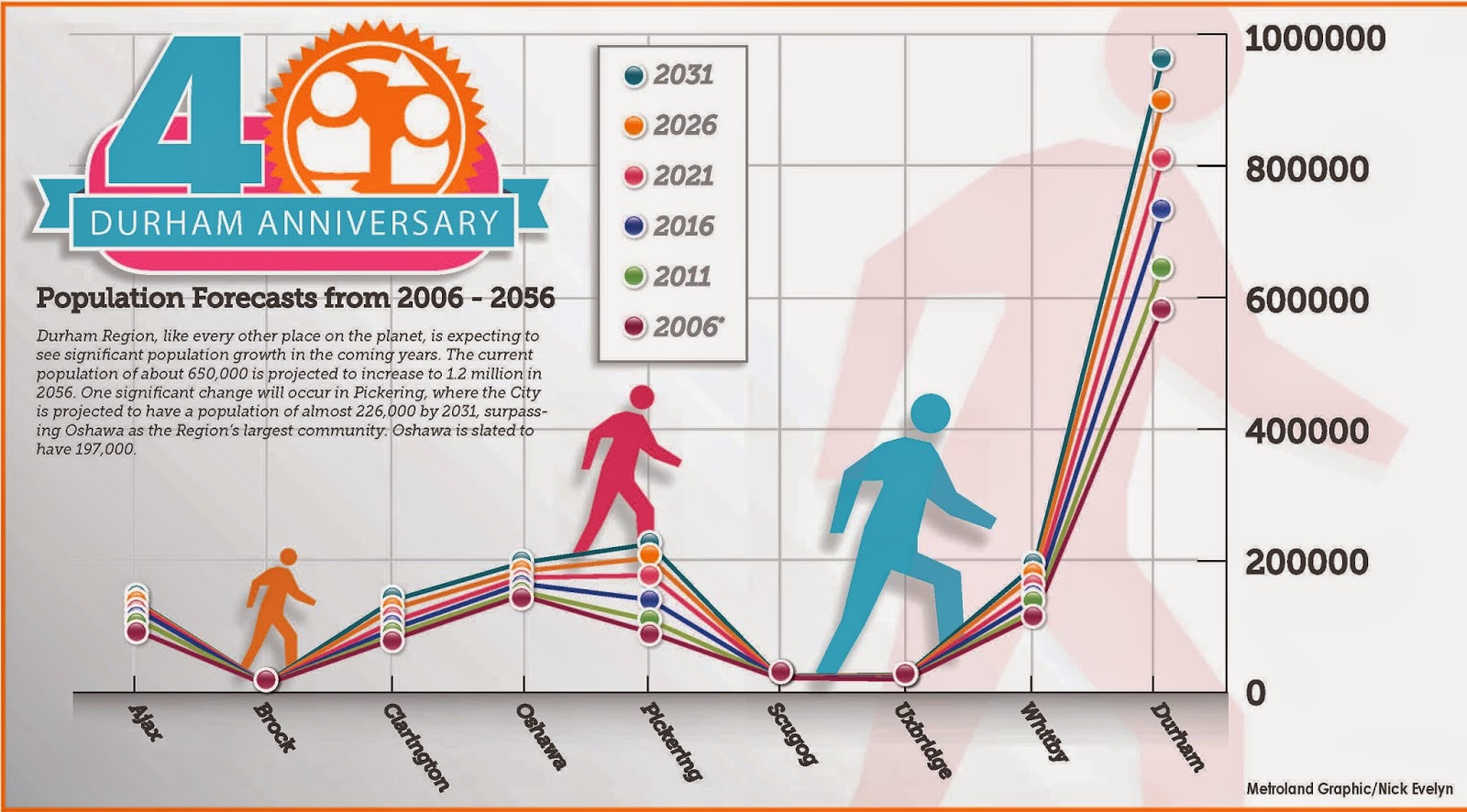An article in The Globe and Mail says that sales of high-end homes in Toronto have surged this year,
outstripping the growth in sales of more modestly priced homes.
Indeed, a number of markets across the country are seeing a
strong pickup in the number of high-end homes that are selling. Real estate
industry players say they think it’s because people are less worried about the
housing market’s future.
“I think people are feeling confident that the real estate
market isn’t going to face a major correction,” says Ross McCredie, the founder
and head of Sotheby’s International Realty Canada.
It’s still a gamble, but one that it appears more wealthy
individuals are now making.
A record 754 homes sold for more than $1.5-million in the
Greater Toronto Area during the first four months of the year, according to
statistics from the Toronto Real Estate Board compiled by Eva Blay-Silverberg,
a principal at Point Blank Communications who works with real estate data. For
reference, she says that the corresponding number of homes that sold in that
price range during the first four months of the year was 566 in 2013, 623 in
2012, 435 in 2011, 399 in 2010, 132 in 2009, 260 in 2008 and 250 in 2007.
So, sales over $1.5-million are up by more than 30 per cent
from a year ago, while sales of homes at all price points in the GTA during the
first four months of the year are up by about one per cent.
Realtor Barry Cohen, who has a listing in the Bridle Path area
priced at $25.8-million, says his sales seem to be about evenly split between
foreigners and Canadians.
“There is consumer confidence,” he says. Both he and Mr.
McCredie said that while luxury buyers don’t tend to take out large mortgages,
they take note of interest rates as a reflection of where the market will head.
“You’ve got low interest rates feeding the lower end of the
market, and those sellers become the next buyers for luxury,” says Mr. Cohen.
“Last year people were really worried about what interest
rates were going to do, whereas this year rates are low again and it doesn’t
look like anything is going to change,” Mr. McCredie says. “It gives people
confidence. Luxury buyers ask themselves, ‘If I buy this now, who is going to
buy it from me in five years?’”
Vancouver, too, is seeing a resurgence in its high-end, Mr.
McCredie says. “It is really bouncing back faster than anybody was expecting.”
If a move is in your future, I can help. Whether you are buying or selling, or both, don’t take chances with an inexperienced agent. I’ve sold real estate full- time in Durham Region for over 20 years. Contact me today or visit my website!
Randy Miller
Sales Representative
Re/Max Rouge River Realty Ltd., Brokerage
905-668-1800 or 905-427-1400
randy@randymiller.ca
 Wouldn’t it be great to live in a cozy home with a beautiful in-ground pool ?
Wouldn’t it be great to live in a cozy home with a beautiful in-ground pool ?
















